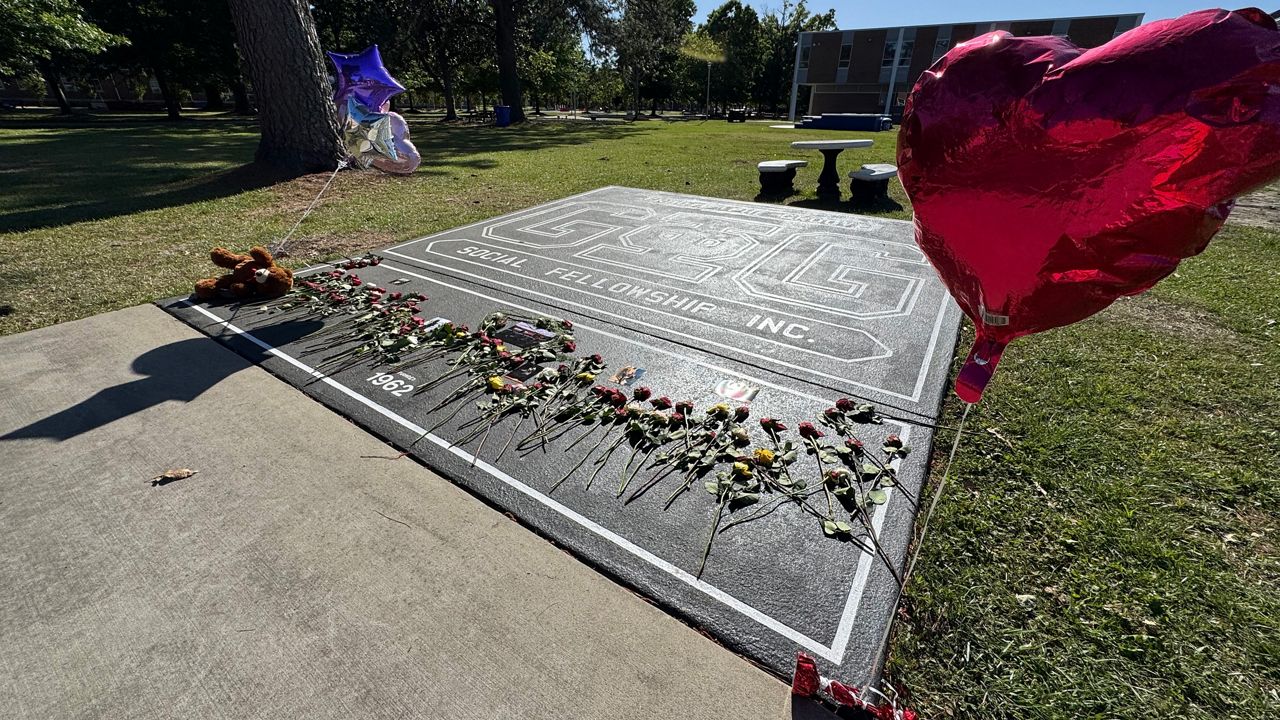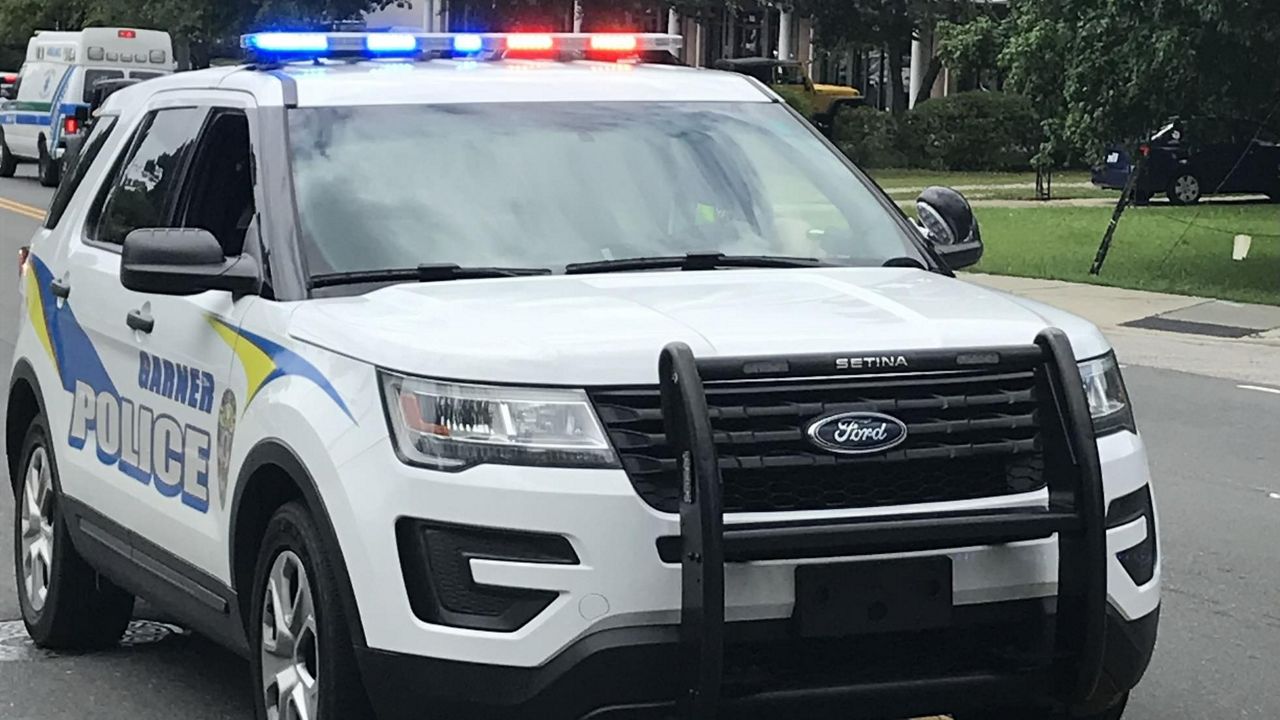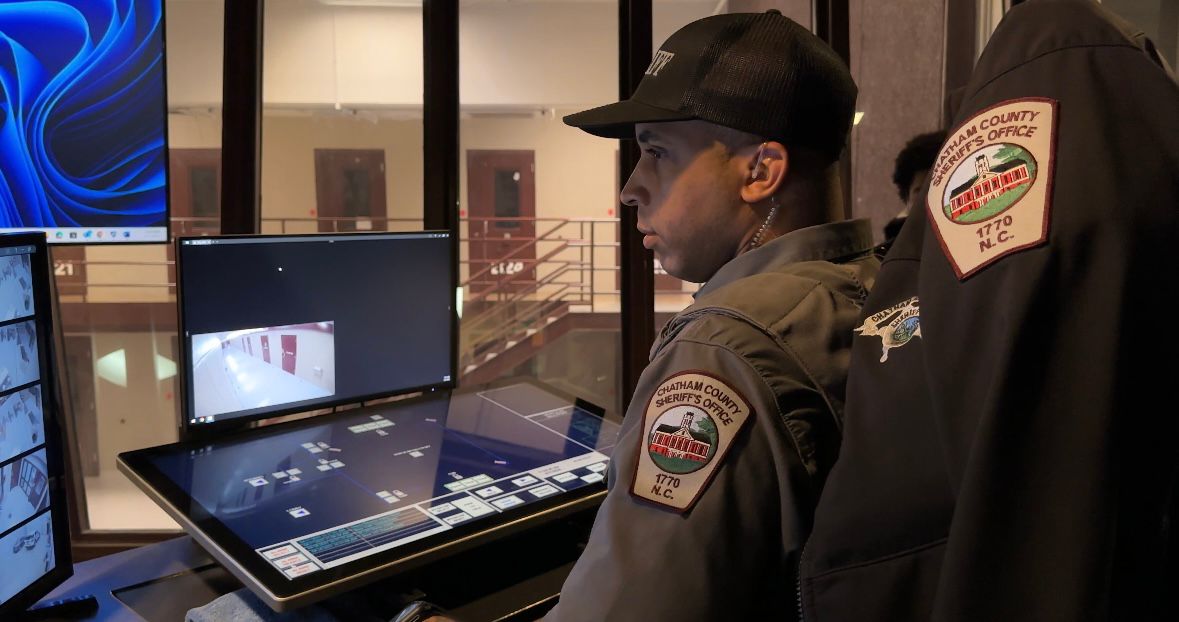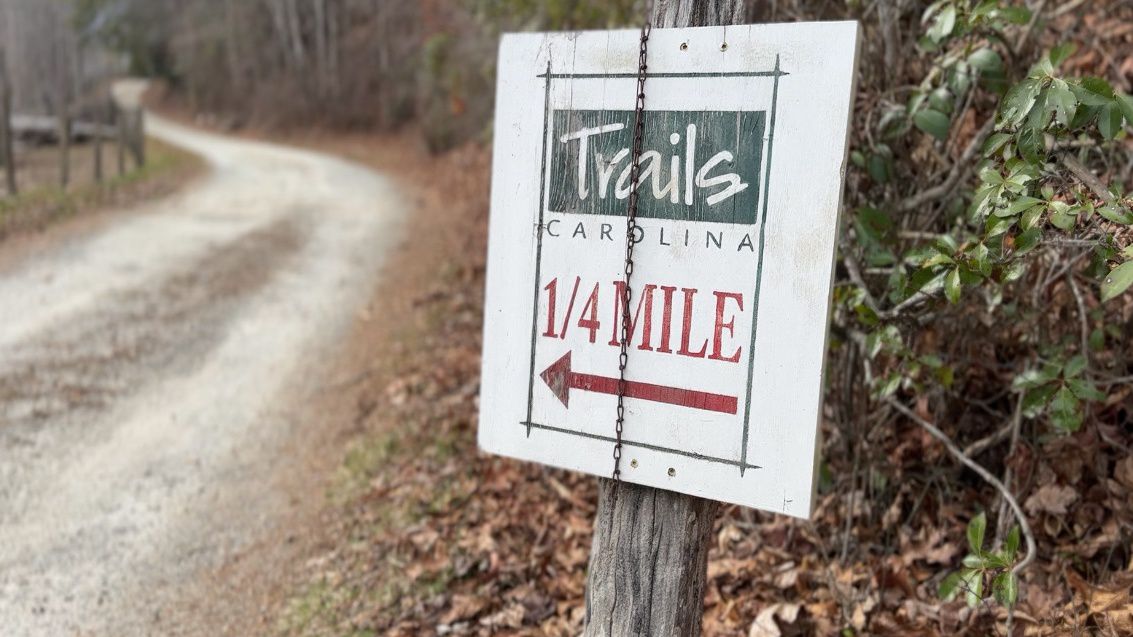RALEIGH, N.C. — The Federal Emergency Management Agency conducted a simulation Friday at the Raleigh firefighter training grounds to replicate conditions rescuers face in Vermont.
Two teams from North Carolina are in the Northeastern state to help in the wake of catastrophic floods caused by torrential downpours this week. Although rains have eased, recovery and cleanup continue.
Brian Barnes, deputy operations chief for the North Carolina Emergency Management, says he received a call from colleagues in the Northeast on Sunday ahead of the devastation asking for additional resources.
The FEMA training scenario Friday was a lot like what emergency crews are up against in Vermont. Many units from outside the state are there to help —including the North Carolina Swiftwater Search and Rescue teams.
“It really depends on the situation. Resources in this environment are scaleable. We have from smaller teams to larger teams and they all come together for events like this to be successful,” Barnes said. “That’s one of the keys to this response. Flooding is super-challenging in the fact that where the water falls, especially in the mountains, makes a huge difference.”
The challenge of entering a natural disaster is complicated. Barnes said packing extra motors and fuel for rescue boats is key.
“In this environment, you are going to damage equipment. There’s a method to the madness," he said. "In this environment, you think about when you are driving a boat anywhere, the logs you can see on a good day. In a flood that water is dark and you can’t see what’s going on.”
The two N.C. swiftwater teams are made up of emergency responders from the Charlotte Fire Department, the Greensboro Fire Department and Buncombe County Emergency Services.
Barnes says rescue teams form a tight-knit community.
“We have a great relationship. It’s really a small community across disaster response in the nation. The state of Vermont has helped us in our times of need,” he said.
Barnes, whose agency is under the Department of Public Safety, noted that Vermont rescuers had come to aid emergency responders in North Carolina.
“They were here for Hurricane Florence. They were here for Hurricane Dorian,” he said.“They were here for Hurricane Florence. They were here for Hurricane Dorian,” he said.
But even in the darkest moments, the willingness to lend a hand offers hope.
“The most pride here is that we are helping folks who have helped us in our worst days,” he said.
Partnerships with local agencies, both in and outside the state, are critical for crisis response. Barnes said trust means everything when lives are at stake. He said what is helping crews on the ground is the familiarity they have built over the years responding to chaotic natural disasters.










